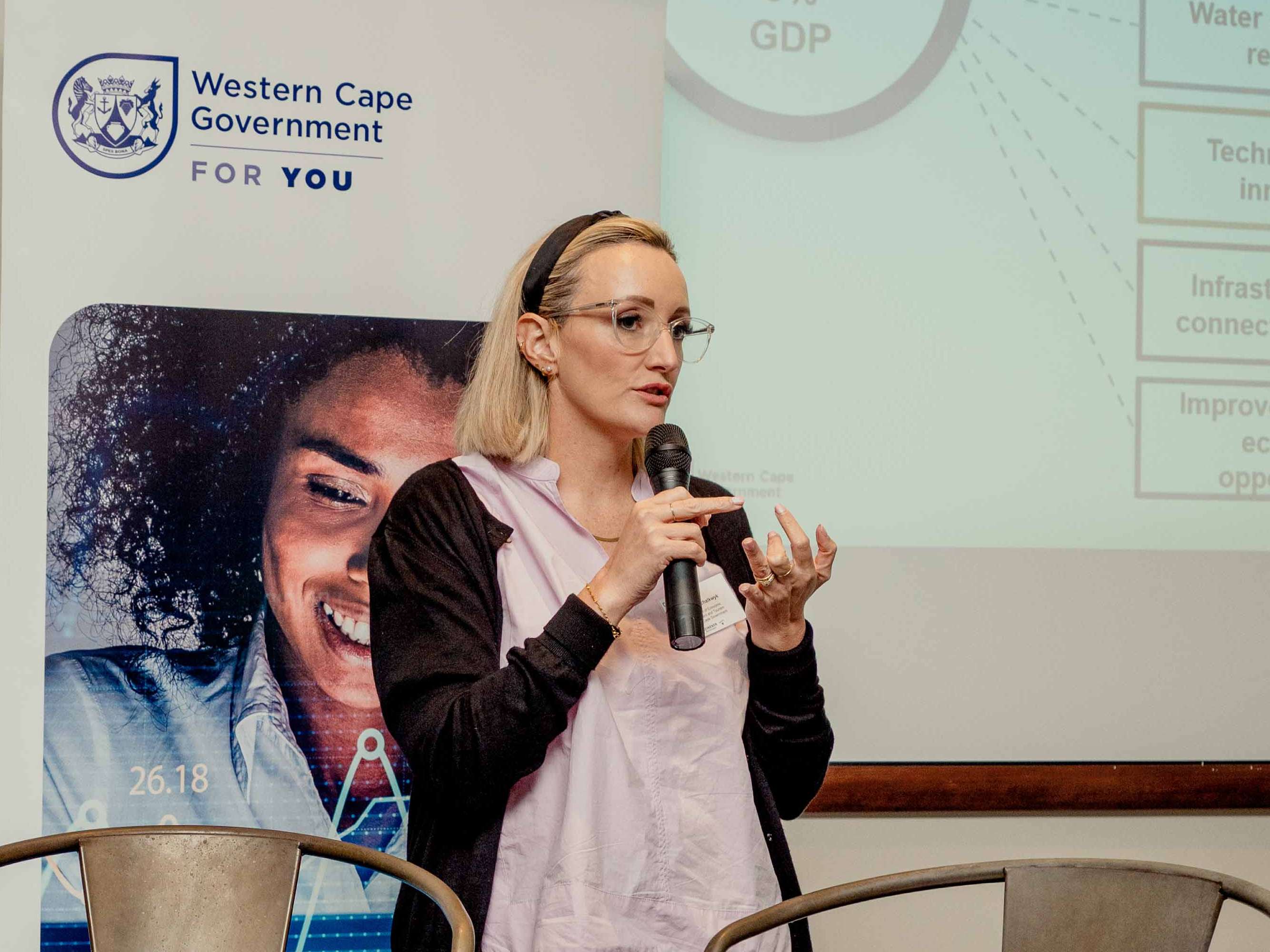Join us to shape a better future, contact Secretariats:
Narieman Solomon Tariro Chivige

Global Competitiveness Index: 4.0
Pillar 7: Product market 8.3%
A. Domestic market competition 50%
7.01 Distortive effect of taxes and subsidies on competition
7.02 Extent of market dominance
7.03 Competition in services
B. Trade openness 50%
7.04 Prevalence of non-tariff barriers
7.05 Trade tariffs
7.06 Complexity of tariffs
7.07 Border clearance efficiency
Pillar 8: Labour market 8.3%
A. Flexibility 50%
8.01 Redundancy costs
8.02 Hiring and firing practices
8.03 Cooperation in labour-employer relations
8.04 Flexibility of wage determination
8.05 Active labour market policies
8.06 Workers’ rights
8.07 Ease of hiring foreign labour
8.08 Internal labour mobility
B. Meritocracy and incentivization 50%
8.09 Reliance on professional management
8.10 Pay and productivity
8.11 Ratio of wage and salaried female workers to male workers
8.12 Labour tax rate
Pillar 9: Financial system 8.3%
A. Depth
9.01 Domestic credit to private sector
9.02 Financing of SMEs
9.03 Venture capital availability
9.04 Market capitalization
9.05 Insurance premium
B. Stability
9.06 Soundness of banks
9.07 Non-performing loans
9.08 Credit gap
9.09 Banks’ regulatory capital ratio
The Chamber contributes to the strengthening of the business environment by:
1. Supporting regional sector and value chain development programmes - for firms to express their concerns about issues affecting business in their sub-sector and to steer systematic improvement to realise faster growth of the sub-sector.
2. Supporting Business retention and expansion programmes - to steer systematic improvement of their local business environment.
3. Facilitating dialogue with the public sector - towards more effective public investment, smarter service delivery, procurement efficacy and to stop doing what the private sector can do with greater efficacy.
4. Creating large-scale awareness of issues concerning business, which needs to be rectified by the public sector or other responsible parties. Various platforms are utilised including events with key stakeholders, traditional media and social media.
PRODUCTS AND SERVICES
Availability of products and services is hugely influenced by other aspects of the business environment, notably transport and ICT -- and the Western Cape enjoys a competitive advantage in these areas compared with most other provinces.
The South African marketplace is nevertheless a mysterious beast, which is still grappling with historic distortions and complexities. A modern ‘first world’ product and service marketplace exists alongside – and overlaps with – a thriving informal marketplace that forms part of the bigger picture but which is difficult to quantify or regulate.
Key factors influencing market wellbeing include the level of competition in services, product diversity, and the impact of taxes and subsidies. State monopolies, such as in the highly regulated energy or aviation sectors, can dampen investor appetite and retard growth. Critical services like ship repair are also negatively impacted by the Transnet monopoly on Port assets and infrastructure. This can distort market forces and hamper the free movement of goods and services.
FINANCE
Cape Town is a financial services hub boasting world-class expertise. Global technological advancement means it is now possible to service international clients while overlooking Cape Town’s Atlantic seaboard or False Bay, and the Western Cape is home to a large cohort of top financial services experts.
Infrastructure challenges up north have increased the Western Cape’s share of the national financial services sector.
On a continental scale, South Africa is a financial services powerhouse compared with other sub-Saharan countries. And, despite challenges, SA is light years ahead in terms of financial service offerings. The sector has depth and stability, and local banks generally have a solid record of accomplishment with regard to credit services and the financing of SMEs.
The Western Cape has its own investment support system in the form of Wesgro, while the City also provides seed capital and sector support. A case point is the recently announced public /private partnership BlueCape which seeks to accelerate growth in the maritime sector.
Venture capital availability, market capitalisation, and credit levels are all factors contributing to the sector’s global competitiveness index.
LABOUR
The Western Cape has a large pool of surplus labour even as it continues to attract job seekers, both locals and foreigners. The Province has an expanded unemployment rate of 30.4% according to the latest available statistics.
Our skills profile is diverse, with a relatively high proportion of skilled professionals compared with the national average. Unskilled and semi-skilled labour flock to the agricultural sector, where work is often seasonal, while highly-skilled professionals take advantage of Cape Town’s global standing in ICT, financial services, and marine manufacturing – to name but a few standout sectors.
National labour policy & legislation can be a constraint, but collective bargaining also has its advantages. Much of the Province’s labour force is unionised and industrial action is part of the South African landscape and political fabric.
Current Home Affairs policies affect the ease of hiring skilled foreigners, which detracts from global competitiveness. Other issues on the GCI checklist include redundancy costs, hiring and firing practices, workers’ rights, and internal labour mobility.
Salary and productivity levels also impact investment decisions. South African labour costs are generally significantly lower than in our rival US and European markets, which gives some of our sectors a competitive advantage. Unfortunately, our productivity in some cases lags behind our competitors.
Help us to make a change!








